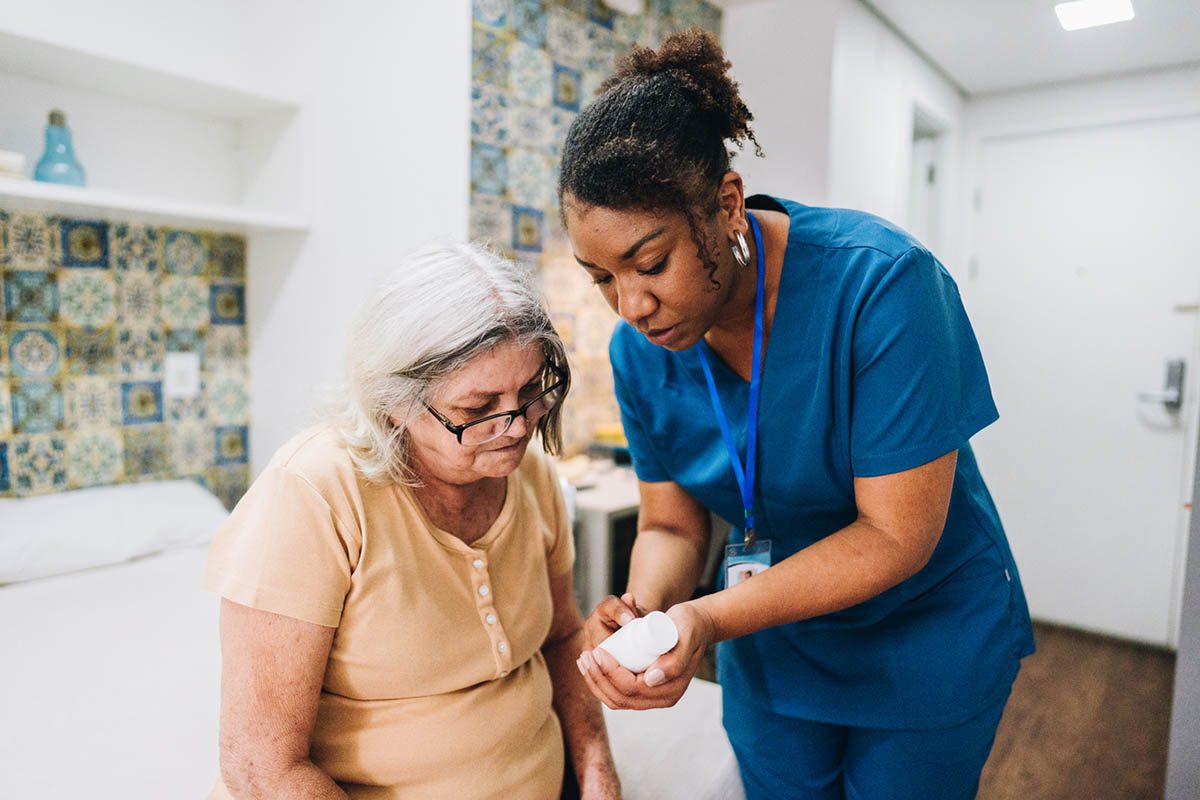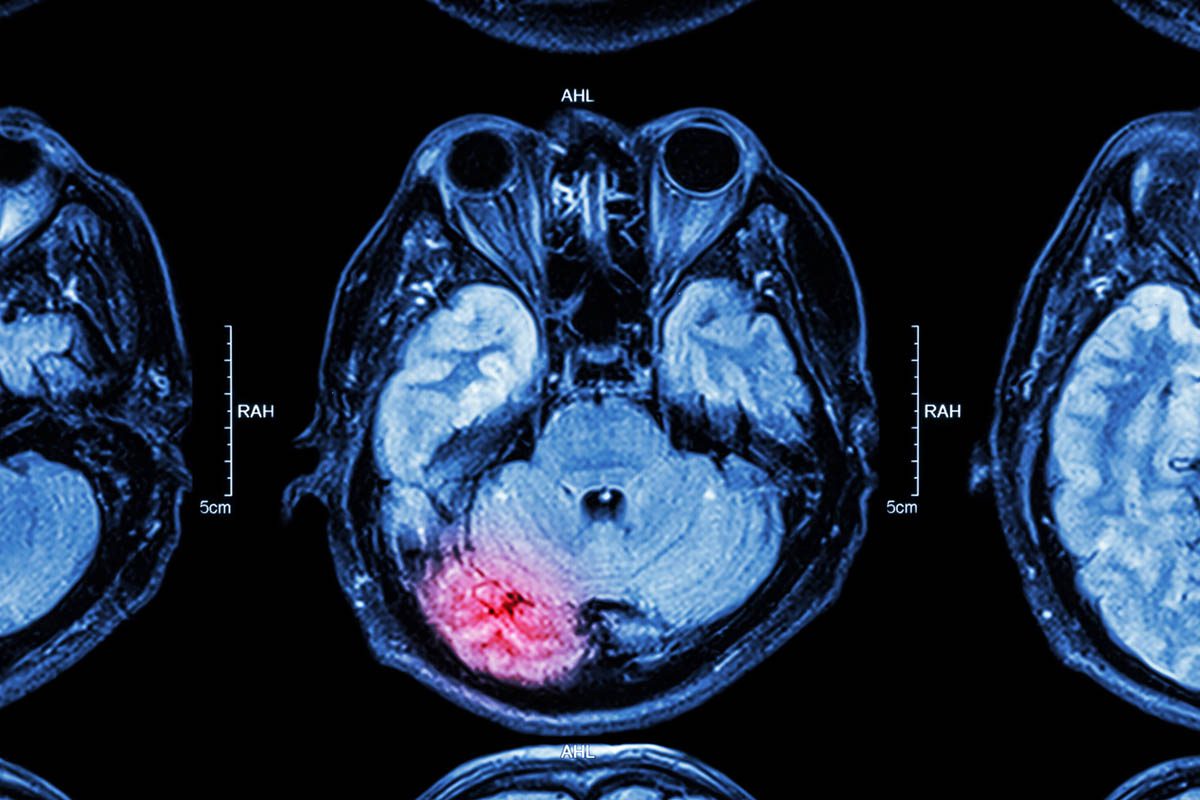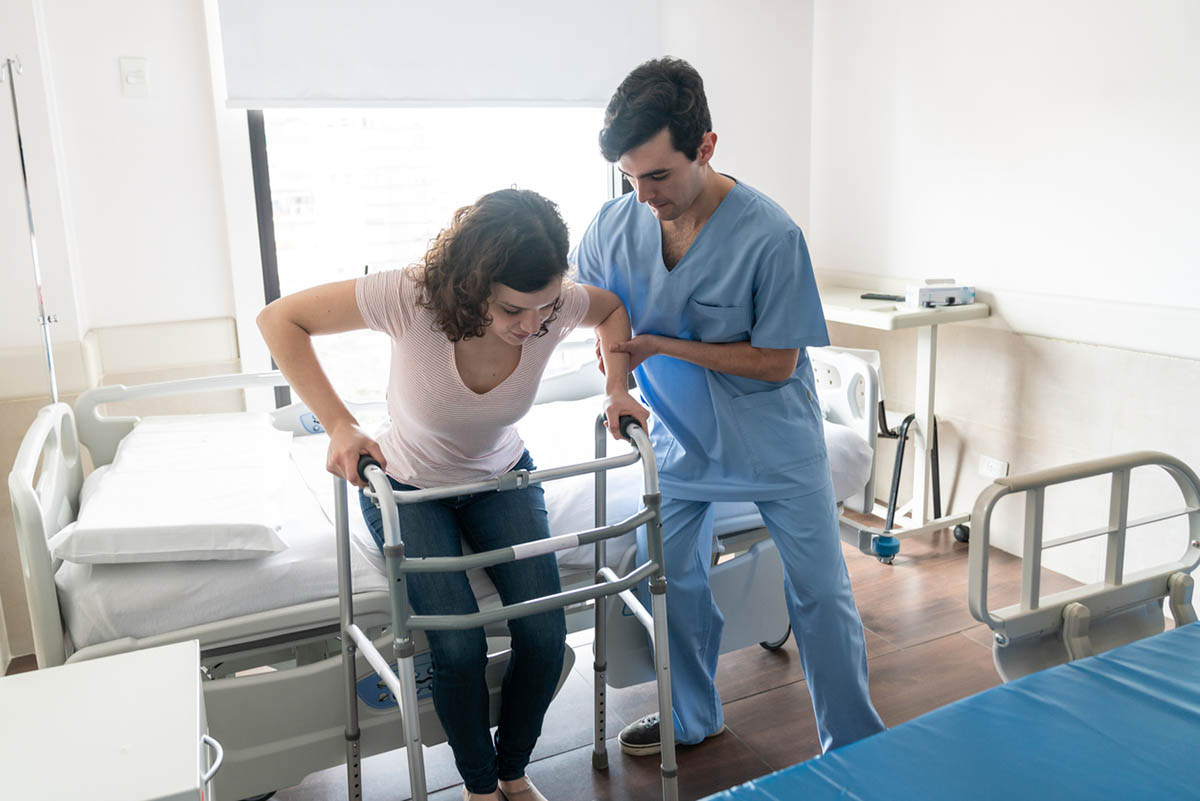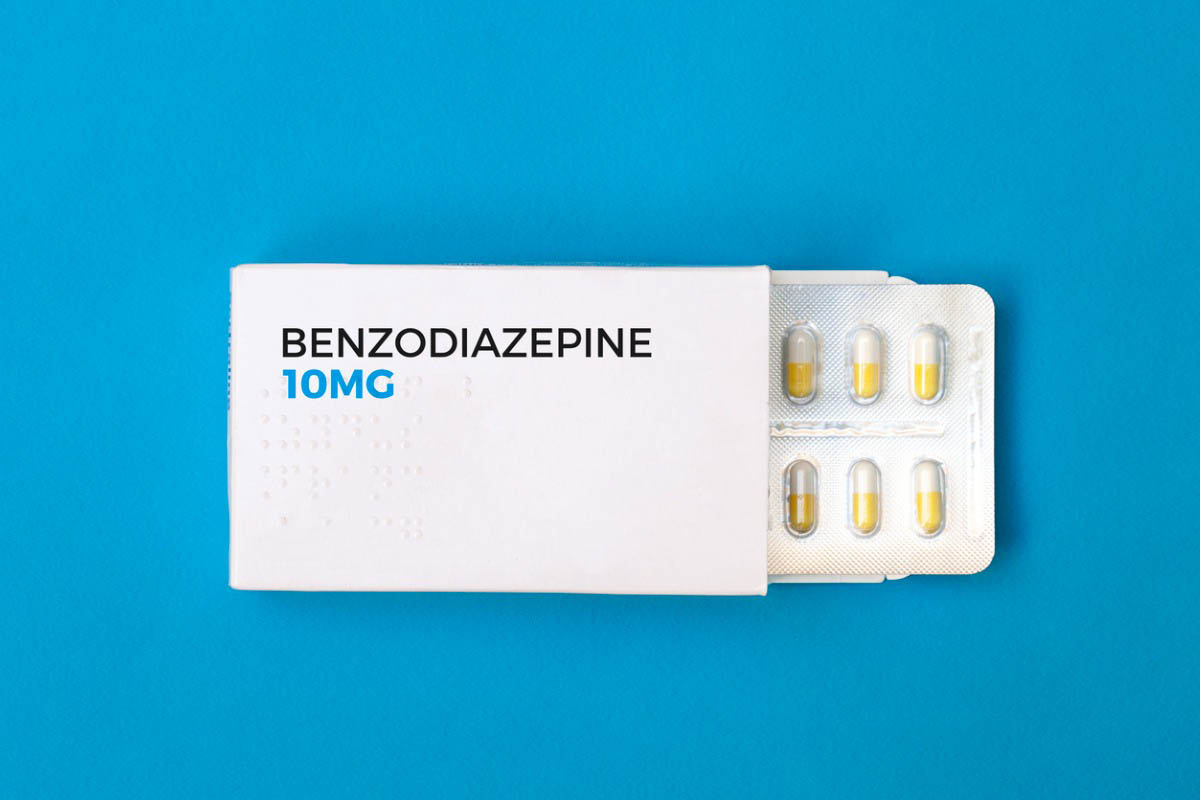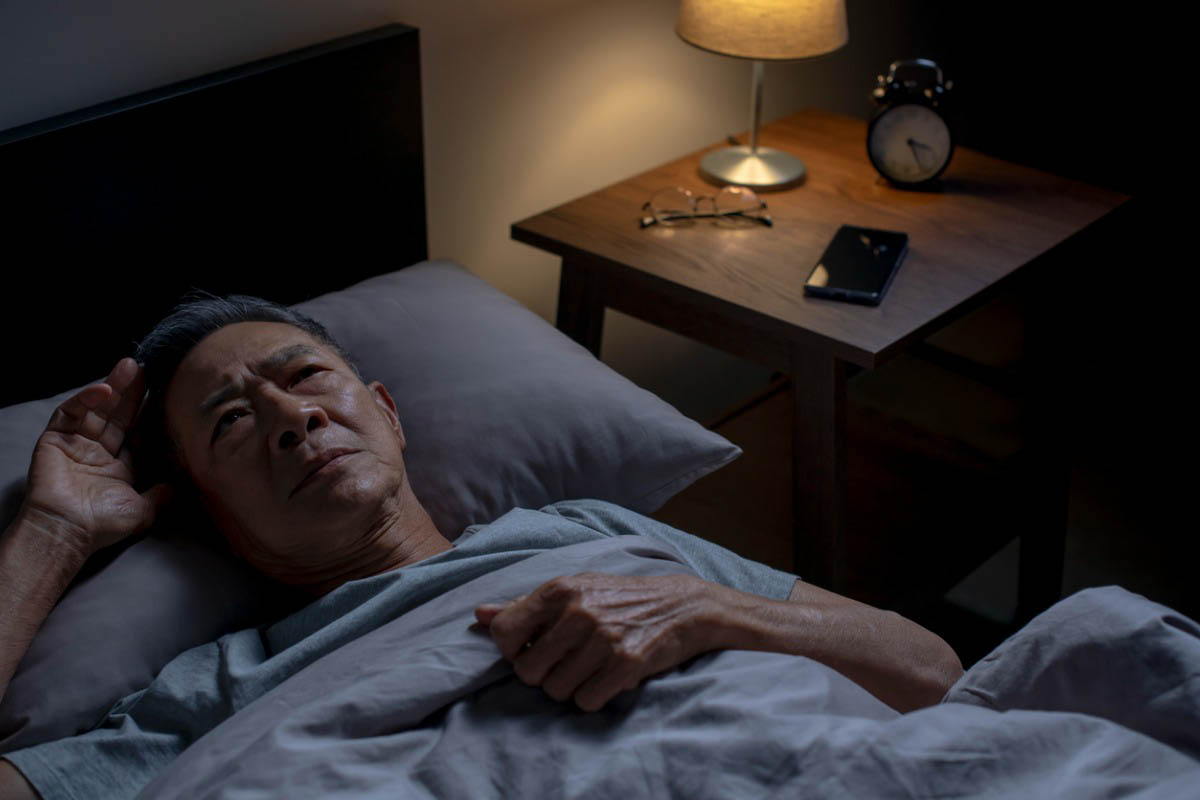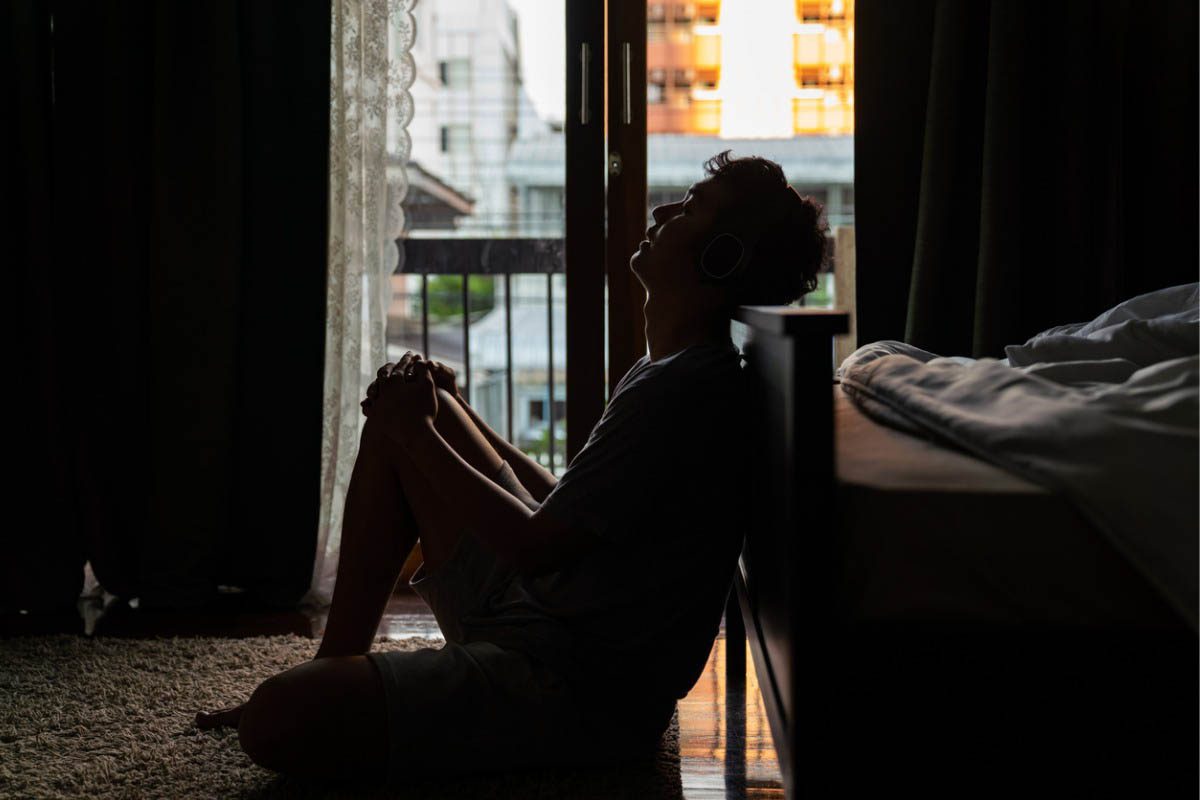Advancing primary care with essential peer-reviewed research and insights into CNS disorders
Rounds in the General Hospital
Rounds in the General Hospital
Management of Rumination and Obsessions in Primary Care
May 30, 2024
Difficult-to-control negative repetitive thoughts can manifest as ruminations or obsessions. Appropriate early identification and intervention can positively affect the course and prevent an episode of psychiatric illness.
Page 10
More PCC Articles
Clinical and Practical Psychopharmacology
Physical Exercise and Health, 2: Benefits of Different Levels and Patterns of Activity
October 11, 2023
This article provides guidance about exercise for adults, including how many steps per day are enough, whether bursts of activity during the day improve health, and whether “weekend warrior”…
